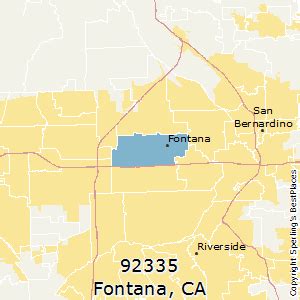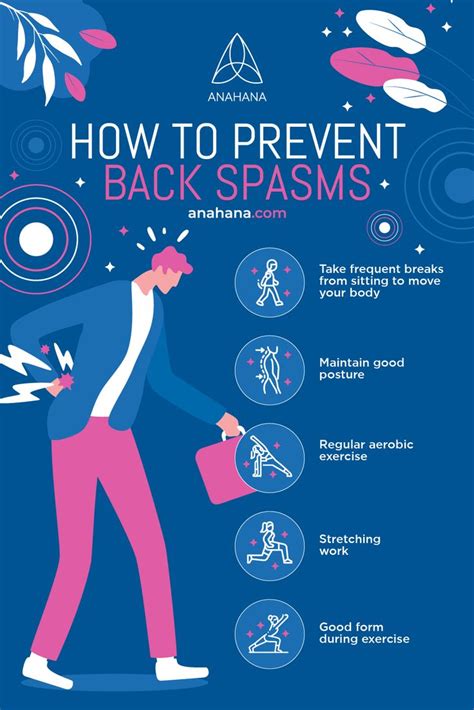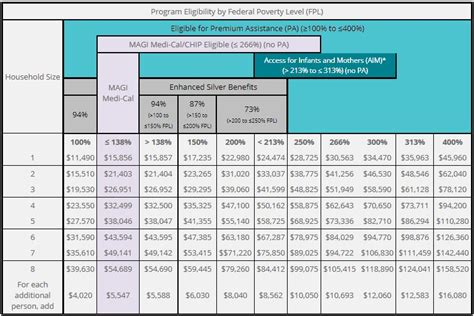6 Year Old Milestones: Development Guide
At six years old, children typically experience significant milestones in their physical, emotional, social, and cognitive development. This stage is crucial as it lays the foundation for their future growth and independence. Understanding these milestones is essential for parents and caregivers to provide the necessary support and guidance.
Physical Development:
Six-year-olds usually exhibit notable improvements in their gross and fine motor skills. They can run faster, jump higher, and demonstrate better balance and coordination. Their ability to use tools, such as scissors, pencils, and crayons, becomes more refined. Moreover, their hand-eye coordination enhances, allowing them to engage in more complex activities like catching a ball or riding a bicycle.
Some key physical milestones include:
- Improved balance and ability to ride a bicycle without training wheels
- Better coordination, which allows for participation in team sports
- Enhanced fine motor skills, enabling them to draw simple shapes and use utensils effectively
- Growth in height and weight, although this can vary widely among children
Emotional and Social Development:
Emotionally, six-year-olds are learning to navigate a wide range of feelings. They begin to understand empathy and can comfort a sad friend. They also start to develop a sense of self and may show preferences for certain activities or objects. Socially, they tend to form close friendships and may show a preference for playing with friends rather than alone. This age is critical for learning social skills, such as sharing, taking turns, and cooperating with others.
Key emotional and social milestones include:
- Expressing a wider range of emotions and beginning to understand emotional nuances
- Demonstrating empathy towards others and being able to console a friend
- Developing friendships and preferring to play in groups
- Showing independence in dressing, using the bathroom, and completing simple tasks without assistance
Cognitive Development:
Cognitively, six-year-olds are curious and enjoy learning. They start to develop problem-solving skills and can complete simple puzzles. Their understanding of time and sequences improves, allowing them to follow routines and simple schedules. They also begin to develop basic mathematical concepts, such as counting, basic addition, and subtraction.
Some key cognitive milestones include:
- Improved problem-solving skills, allowing them to figure out simple puzzles
- Enhanced understanding of numbers and basic math operations
- Development of memory skills, as they can recall simple stories and sequences
- Increased curiosity and interest in reading and learning new things
Speech and Language:
Six-year-olds typically have well-developed speech and language skills. They can express their thoughts clearly, use complex sentences, and engage in conversations. Their vocabulary expands significantly, and they can understand and follow simple instructions. They also start to show an interest in reading and writing, often attempting to write their names and simple sentences.
Key speech and language milestones include:
- Using more complex sentences to express thoughts and feelings
- Expanding vocabulary and using descriptive words
- Showing an interest in reading and attempting to read simple texts
- Engaging in conversations and being able to understand different tones and nuances of speech
Supporting Development:
Parents and caregivers play a crucial role in supporting a six-year-old’s development. Here are some strategies:
- Encourage Physical Activity: Provide opportunities for physical play, such as enrolling them in sports or simply playing catch in the backyard.
- Foster Emotional Intelligence: Talk to them about their feelings, validate their emotions, and teach them how to manage their feelings healthily.
- Promote Social Skills: Arrange playdates, encourage sharing and kindness towards others, and model good social behavior yourself.
- Support Cognitive Development: Engage them in educational activities, read together, and encourage their curiosity by answering questions and exploring topics together.
- Nurture Language Skills: Read a variety of books, have conversations, and encourage them to express their thoughts and feelings through speech and writing.
How can I encourage my six-year-old to develop their physical skills?
+Encouraging physical development in six-year-olds can be achieved through a variety of fun activities. Enroll them in a sport they show interest in, such as soccer, basketball, or swimming. Engage in physical play together, like riding bicycles, skating, or simply playing tag. It's also beneficial to limit screen time and encourage outdoor play as much as possible.
What are some signs that my child might be struggling with emotional regulation?
+Signs that a six-year-old might be struggling with emotional regulation include frequent tantrums, difficulty calming down after becoming upset, and expressing feelings of anger or sadness more often than their peers. If you notice any of these signs, it's helpful to talk to your child about their feelings, model healthy emotional regulation yourself, and teach them coping strategies such as deep breathing or counting to ten.
How can I support my child's cognitive development at home?
+Supporting cognitive development at home involves engaging your child in a variety of educational and stimulating activities. Reading books together is excellent for developing language and comprehension skills. Playing board games and puzzles helps improve problem-solving skills and hand-eye coordination. Encouraging questions and exploring topics of interest together can also foster a love for learning and develop critical thinking skills.
In conclusion, the six-year-old stage is a time of vibrant growth across all developmental domains. By understanding and supporting these milestones, parents and caregivers can help children navigate this critical phase of development. Whether it’s through physical play, emotional support, cognitive stimulation, or fostering social skills, every effort counts in shaping a well-rounded and confident individual.



